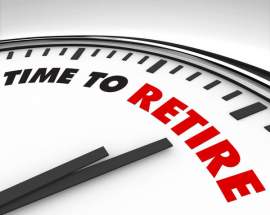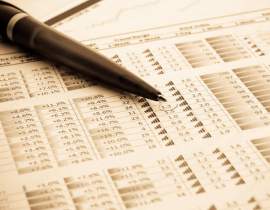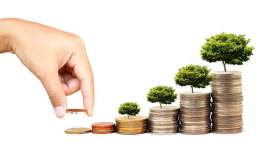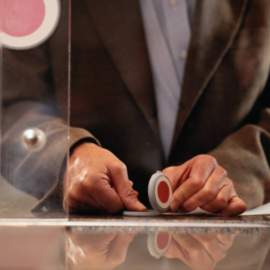
Automated Forex Trading
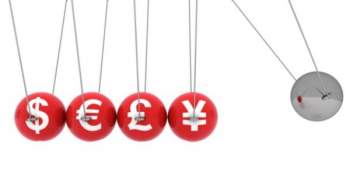
What is Automated Forex Trading?
Forex describes the Foreign Exchange Market and is a financial system that trades currencies. This enables countries to engage in trade with each other as well as investment and speculation in to the value of currencies by investors. Forex is a popular traded asset due to its high liquidity, low barrier to market entrance and continuous trading. This is opposed to the restricted trading hours of stocks and the vast number of investment possibilities associated with these investments. By comparison, there are only a few major currency pairings in Forex. There are however, different levels of access to the market, with large firms and banks receiving the best access and most accurate rates due to purchasing in high volume, compared to small investors. Recent developments in software have led to automated Forex trading that enables the trader to set a “robot” to make trades on their behalf. This saves the Forex trader a significant amount of time that would be spent micromanaging.
What are market forces in Forex?
The majority of trading in Forex is speculation on the future value of the currency. This means that the majority of traders is not buying the currency for actual use, but will be holding it as an asset, in hopes that factors affecting the currency, such as central bank policies will cause the value of the currency to rise, thus netting the trader a profit. Other transactions would involve the buying of foreign currency for securities purchases for investors in one nation seeking to invest in another. Traders will vary in their approach with some constantly trading in the day and emptying all assets by the end of trading and others holding assets for lengthy periods of time to position themselves to take advantage of favorable conditions.
How does automated Forex trading work?
The trader will program the automated Forex trading tool to make trades based on preset criteria, generally buying a currency when it meets a certain threshold or selling a currency once its value has increased or diminished at a certain level. More advanced programs may even include algorithms that predict potential market conditions and make trades with a stunningly successful profit/loss rate. Most automated Forex trading programs tout the ability of the program to make “emotion-free” decisions, which stands in contrast to emotion-based trading where the investor may panic and sell early, trust their intuition and take a significant loss, or make a decision with poor or incomplete information on history trends on that currency. In ideal circumstances, automated Forex trading takes the guesswork out of currency trading.
What are some dangers of automated Forex trading?
You may not be willing to trust your investments to an automated system, especially as it runs 24 hours a day and is constantly trading without supervision. While this is advantageous for some, if the “robot” lacks sufficient safe guards to monitor losses, then it may make poor trades. Many automated Forex trading programs will not account for news and relevant market factors. Whereas a human trader would be able to factor news of central bank interventions and potential instability, the automated Forex trading program will only catch onto the trend with a constantly analysis of the movement on the asset. Therefore, a human could theoretically react quicker on tips and new developments than the program could. Some automatic Forex trading firms will compensate for this by automatically updating the program with these tips and trends, but this will not be the case for all programs.
NEXT: Currency Conversion




